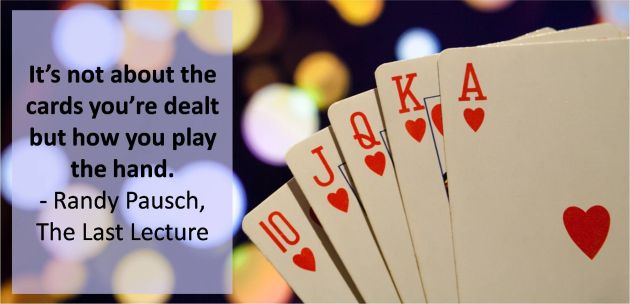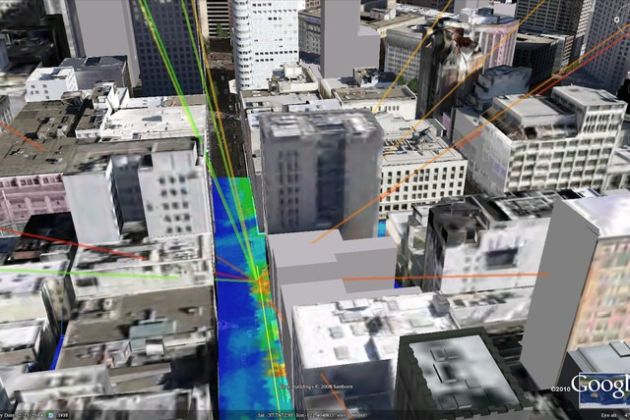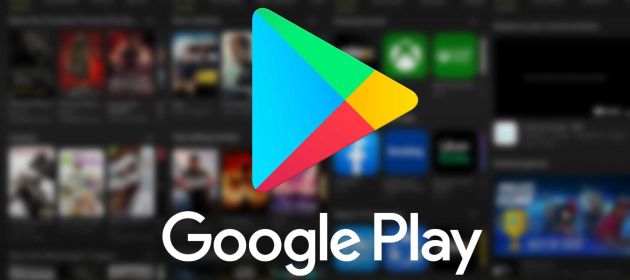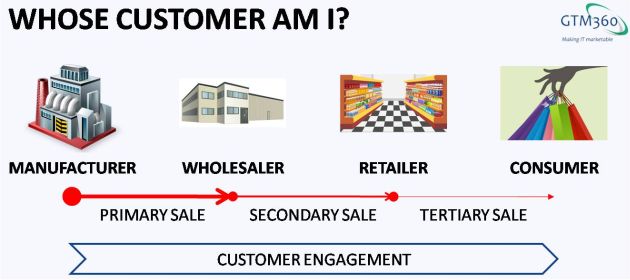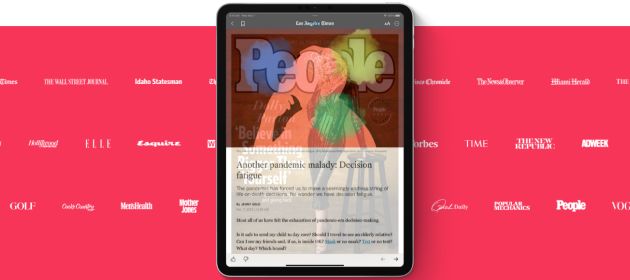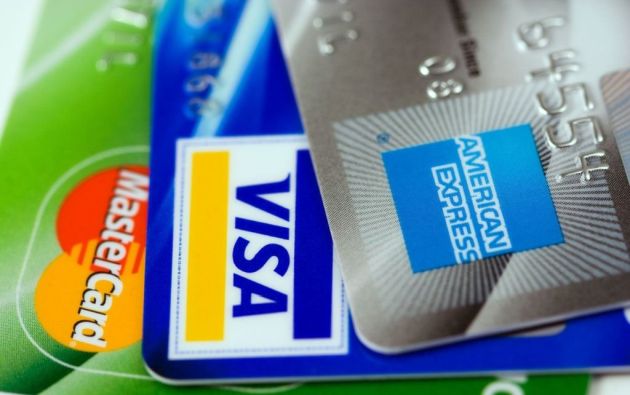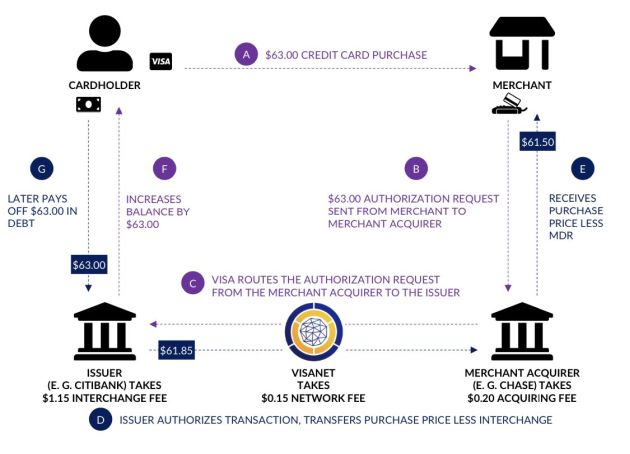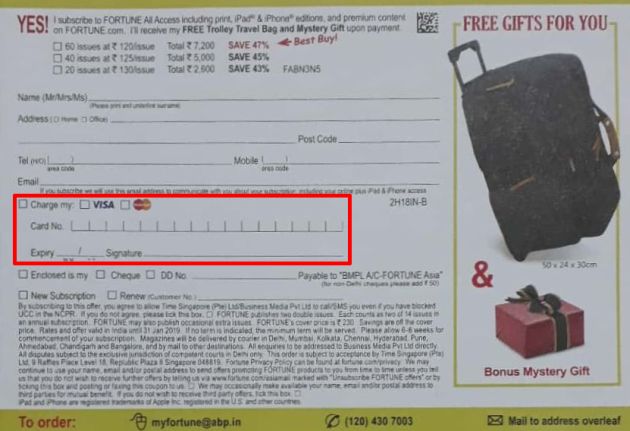Three Innovative Features From Hyperlocal Apps To Kill Location Friction
In Why Do Hyperlocal Apps Have So Much Location Friction?, I described many friction hotspots while entering and editing locations in hyperlocal apps like Ola, Rapido, Uber (Rideshare) Pizza Hut, Swiggy (Food delivery) Dunzo, Swiggy Genie (Runner) Many of these apps have excellent UX. I found it hard to believe that they’d have bungled just … Read more
